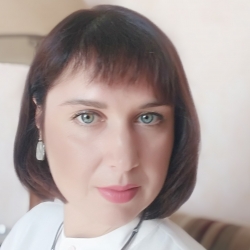I (to go) to the cinema yesterday.
I (to go) to the cinema at four o’clock yesterday.
They (to go) to the cinema when they met me.
She (to learn) words the whole evening yesterday.
She (to learn) words when mother came home.
He (to work) in the garden yesterday.
He (to work) in the garden from five till eight yesterday.
My sister is fond of reading. She (to read) the whole evening yesterday.
The children (to do) their lessons at six o’clock yesterday.
I (not to play) the piano yesterday. I (to write) a letter to my friend.
I (not to play) the piano at four o’clock yesterday. I (to read) a book.
He (not to sleep) when father came home. He (to do) his homework.
When I (to go) to school the day before yesterday, I met Mike and Pete. They (to talk) and (to eat) an ice-cream.
The baby (to sleep) the whole evening yesterday. She (feel) bad.
What your father (to do) from eight till nine yesterday?
Why she (to cry) when I saw her yesterday?
Peter (stay) at a seaside hotel on holiday when he (meet) his friend.
While I (have) lunch the sun (come) out again.
Who … you (talk to) on the telephone when I came?
When Mary (read) the letter she (notice) many spelling mistakes.
She (go) to bed when suddenly she (see) a mouse.
We (sit) down to dinner when the door bell (ring).
Mary’s grandfather (hurt) his back while he (dig) in the vegetable garden yesterday.
While he (sleep), the doctor (arrive).
What … she (wear) when you (see) her at the party?
What… she (want) when she (visit) you yesterday?
Somebody (knock) on the front door as I (have) breakfast.
How much money … you (spend) last Christmas?
My father (give) me money and I (spend) it all in one day.
Peter (not/feel) very well, so he (consult) his doctor.
Where …you (live) this time last year?
Peter (not/look) at me as he (speak).
When the ambulance (arrive), the patient (sleep) like a child.
I (read) when he (called).
They (wait) for the bus when I (see) them.
What …you (do) when you (see) them?

















